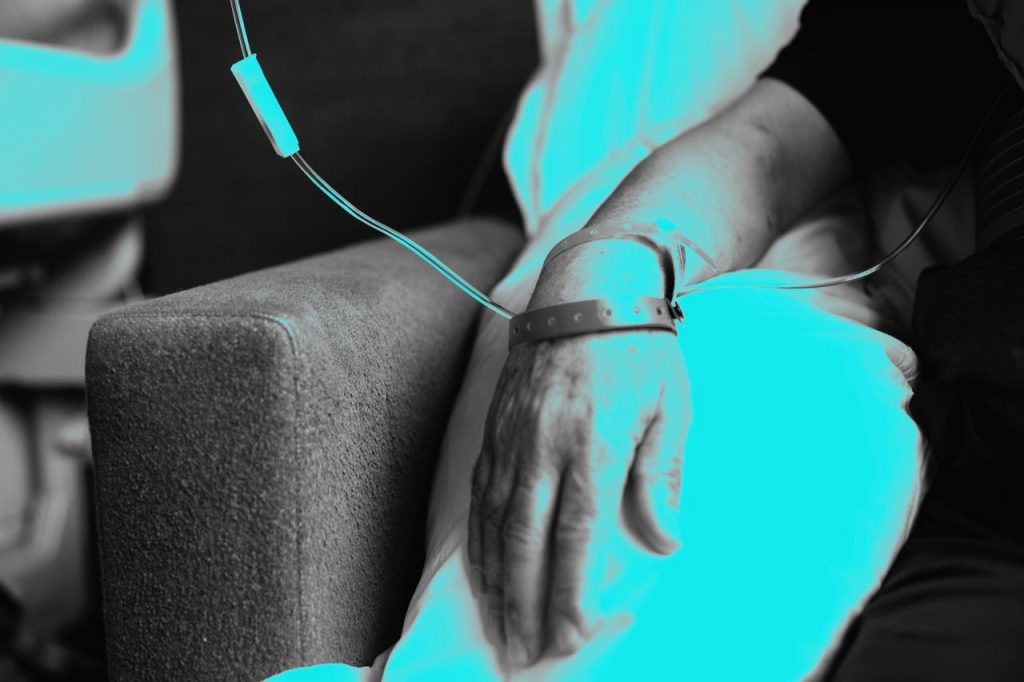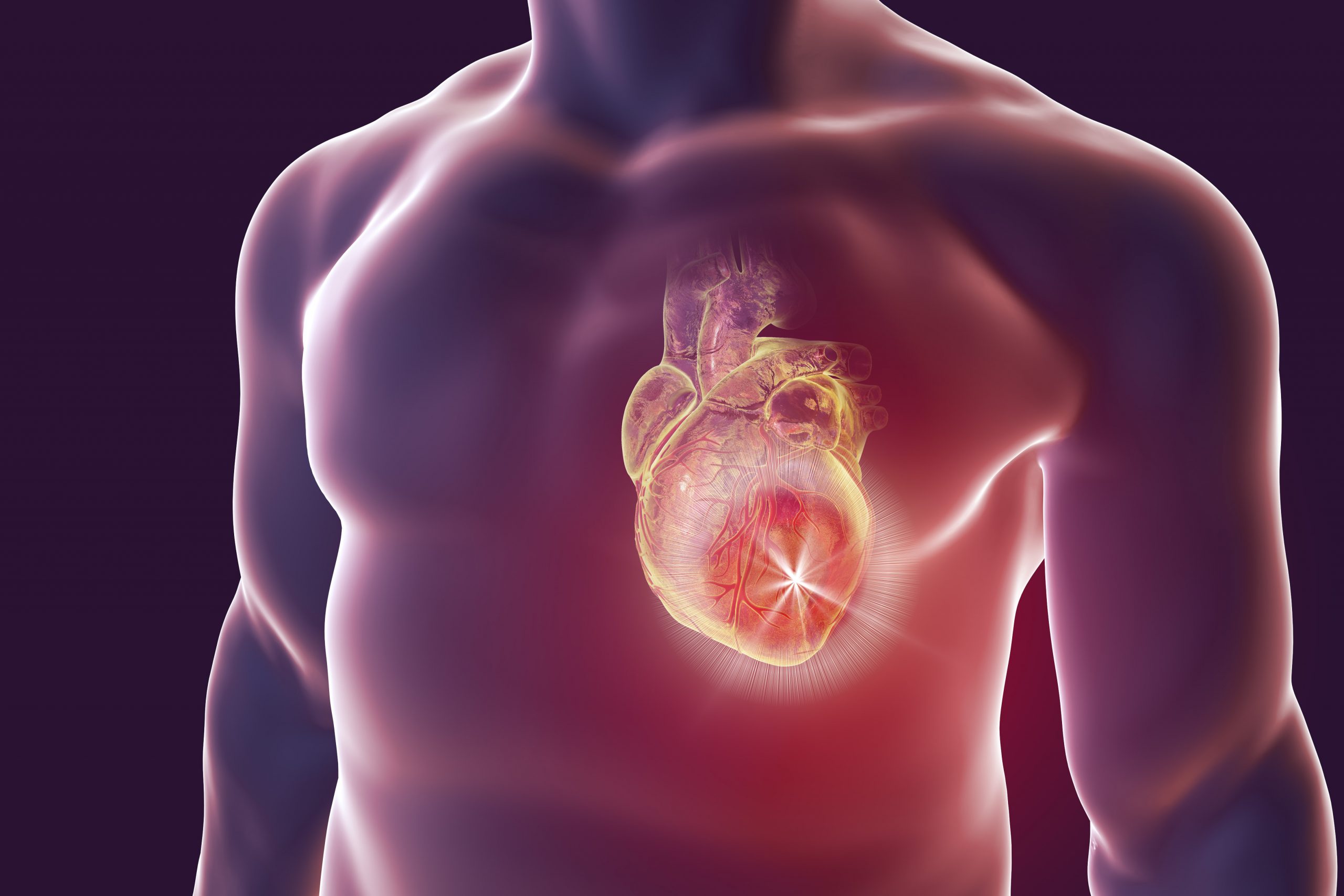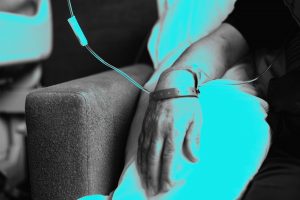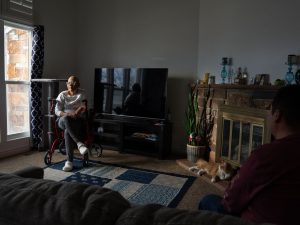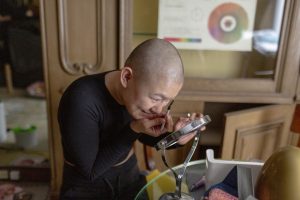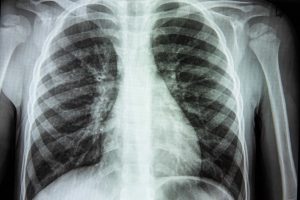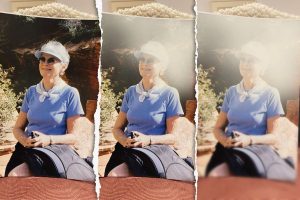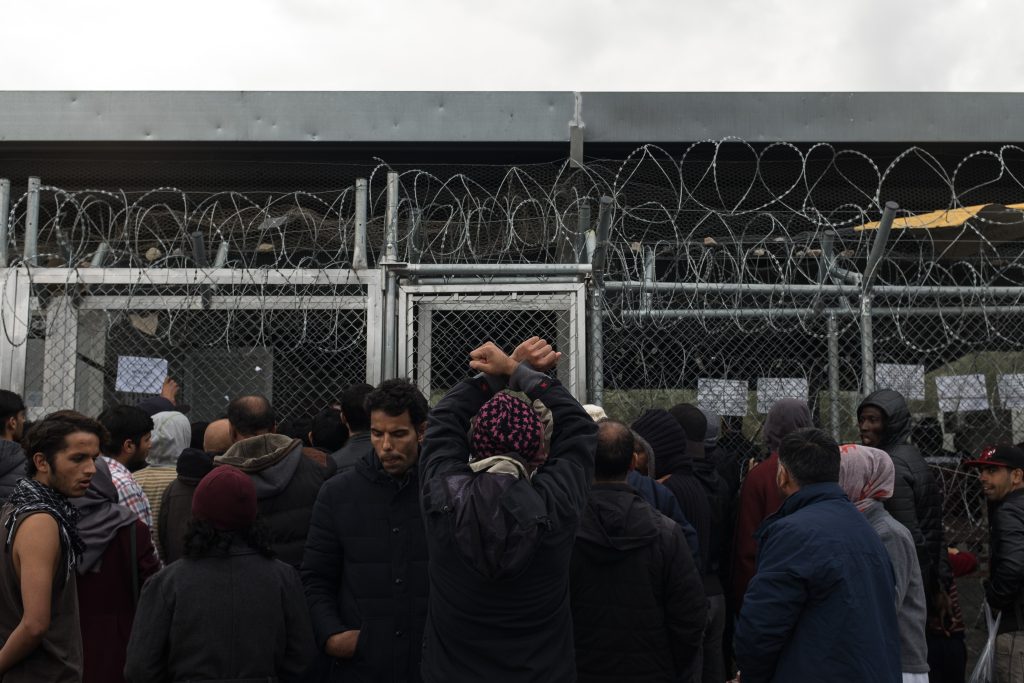At 76, announcing I have chest pains is like a film director screaming, “Action!”
I know that pandemonium will ensue. So I hold off saying something serious may be wrong with me, embarrassed to express either fear or weakness.
If I really am having a heart attack, though, I realize I’m at a crossroads. I could do nothing, give up, just die and get it over with. Calling for help will expose me to inevitable pain, diminished capacity, shredded dignity, a long recovery and gut-churning expense. But not worrying intensely about my health would be weird. And it wouldn’t be me. I alert my wife. Twenty minutes later I’m in the ER.
It’s time for cardiac catheterization. They insert a gizmo through my groin that snakes north and measures heart function. While the procedure is novel for me, everyone else looks like they are assembling catalytic converters on an assembly line. It’s the institutionalized choreography of treating a heart attack. I’m the only one new to the cast. I feel like meat that’s still breathing.
It turns out that I haven’t yet had a heart attack but I need a triple bypass. I have to be moved to another hospital an hour away where I’m told I will get to be operated on by a famous cardiologist. He’s on call, ready to crack open my chest and dig in first thing in the morning.
Meet Mr. Casual
From my gurney I communicate to one and all with insouciance; I’m Mr. Casual. I want to appear fearless, like I’ve “been there, done that.” As I’m rolled out it occurs to me that this could be my last sunset. The late winter air is sharp and smells great, flooding my mind with aromas of early springs past. For the first time since I felt something was wrong I feel sorrow. I can see my own death.
To turn down the sorrow, I wrap myself in positive statistics. How many miles of arteries are spliced into chests every night? Every hour?
I ask the EMT standing next to me if he thinks I’ll have to reschedule my trip to the Virgin Islands in two weeks. He rolls his eyes. It’s nearly impossible to lighten the mood when you’re the one on the stretcher. But turning up the old bonhomie and laughing at the jaws of death gives me a sense of control. I’ve never experienced a medical condition this grave and I’m relieved not to be quaking in terror. It seems that joking—like embarrassment—wards off existential fear.
But only partly. The word intubation crosses my mind, and a pang of dread shivers through me. I think about gagging and not being able to breathe. I remember bobbing underwater as a kid, freaking out that I couldn’t reach the surface, feeling the water was bottomless, opening my mouth for air only to gag on the lake water, then being roughly yanked to safety by a grown-up.
My father told me that once, when I was 5, he found me crying over a sewer on the corner during a rainstorm. There had been a small wave coming down the block, sloshing its way into the grating. He asked why I was crying, and I had told him that when the sewer filled up there would be a flood and we’d all drown. He said I was inconsolable.
It’s almost time
When the ambulance reaches the hospital where the surgery would take place, it’s already in the wee hours of the next morning. I’m wheeled into an open, glassed-in intensive care unit. I’m the lone patient with one caretaker, a slim, young man in his 30s. He’s a traveling nurse who works pre- and post-op for about a month before moving on to another institution.
Clearly, he’s experienced with patients at their most fearful and vulnerable moments. No matter that I try to project a no-sweat manner, he’s treating me as if I’m almost completely unglued, talking me down from the ledge.
As it nears H-hour, people come in and activity begins. My wife arrives, all good wishes, and I try to see my predicament through her eyes. When it’s time, she’s ushered away. I remember her leaving, the nurse accompanying her to the parking lot to help find her car. I guess she’s more nervous than she let on. That’s when they start the IV anesthetic and that’s when I wonder if my thoughts are the last ones I’ll have.
When I was 6, during the Eisenhower administration, my great aunt Mamie was taken to the hospital never to return. Death, I found, could occur without a natural catastrophe, war or car crash. My Aunt Mamie just vanished, never again to broil lamb chops for my Sunday lunch.
My mother explained how old Mamie was, how young I was, and pretty much laid out how learning to be in denial is the way we all deal with fear of mortality. “Oh,” she said. “It will be 100 years before you have to worry about anything like Aunt Mamie’s illness.” A hundred years sounded like forever.
Back in the ICU
Intense nausea jolts me into consciousness. The operation is done. I’m back in the ICU. Before I register my circumstances and ascertain that I’m somewhat intact, the respirator in my throat has triggered a debilitating gag response. I’m vomiting, then dry heaving around this huge thing in my mouth.
I gradually divine that I have, in fact, survived. My wife is there smiling at me. I’m mortified because of the nausea and vomiting. I’m repulsive. I cringe knowing that I’m going to need her committed caring for months to come. If she doesn’t hate me already, being an invalid will supplant any shred of loving admiration. In the past, I’ve always been the one who was caretaker to friends and loved ones.
During the 1980s, a friend’s wife asked me to visit him regularly in the hospital. He was in his 30s, had two little children and brain cancer. She knew he was dying and not coming home, but continued planning a family trip to Paris. Denial kept her going.
I dutifully visited him armed with panel cartoons and squibs from the humor project I was working on at the time. And while with him, ratcheted up my aforementioned bonhomie to elevate the mood, displaying my wares. But the bleakness of a terminal diagnosis isn’t lifted by applying disingenuous glee.
When I left the hospital back then, the searing cold of the city winter froze the notion that my visit had benefited anyone. My friend’s disease and appearance so destabilized me that I hid behind forced comedy. I was a phony, a poser, a snake-oil salesman.
I felt exposed and vulnerable to all of life and death’s harsh realities, and was secretly relieved that he was the one who got it, not me. I found a bar and chugged three shots of Scotch.
Now I am the one lying helpless in the hospital, and the side-by-side images—of me relieved it wasn’t me, of me scared that it is me—come rushing in. I gird myself to take stock. I feel like I’m wearing body armor under my skin. From my neck to my waist the front of my body feels like an inert, solid bulk.
I’m used to chronic pain but the post-op pain is nonstop. Tension around pain-pill dosage reminds me of my first wife’s lost battle with cancer. A tumor had fractured a vertebra and one doctor actually offered her Tylenol. Years later, on the last night of her life, she was fighting infection and was in and out of consciousness. I had to beg them to stop her pain. They acquiesced. But at 2 a.m. they called to tell me it was over. She had died alone in a hospital bed. I still feel guilty about it.
Barely in denial
My recovery from the bypass took longer than expected. I’m so much better that at some moments, my denial of mortality is back. But I can’t deny for long; I know I won’t live forever. I could have 10 years or 10 days. I go to great lengths to fight sleep. I listen to music or books on tape. I get up in the middle of the night and watch mindless crime shows until I can’t keep my eyes open. I see lots of doctors and do lots of physical therapy. They say my numbers are good; that I’m now a lot healthier than I was.
But I think about dying every day. I think maybe I always did.
When I was 8, the funeral chapel next door substantially upgraded its facilities, knocking down two buildings on its property to put up a three-story brick building.
On a bright cold Sunday, my buddies and I went exploring the rubble from the demolition. From within the junk we retrieved an empty can that was labeled “cremated remains.” Without discussion we started frantically searching for a full one. When we finally found one intact, one of the children took a rock and hit the can until ash and bone poured out in front of us. We stared at it silently and solemnly and then, as if on cue, all went home.
When the new building was finished it was elegant and had black pipes extending from the roof. Regularly, smoke would rise from the pipes. It might have been from the heating system, but I was sure the smoke was from burning dead bodies. At night, I would watch the smoke from my bedroom window rising into the dark sky.
John Buskin is a writer in upstate New York. He can be reached at reports@wsj.com .
